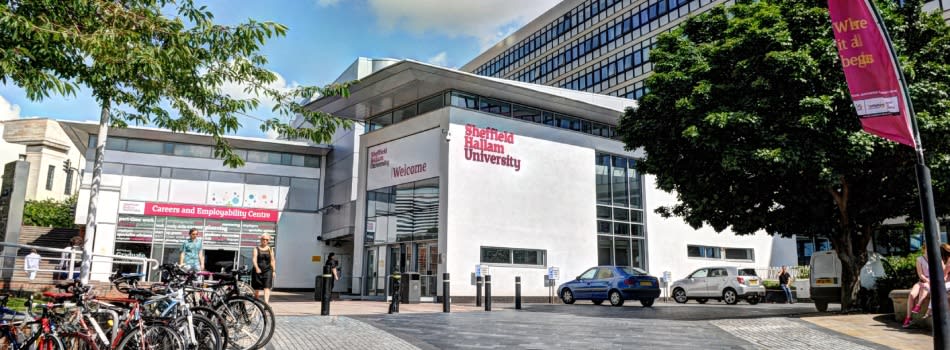Bowel cancer is the 2nd most common cause of cancer-related deaths worldwide (CRUK statistics), mainly because many patients are diagnosed in later stages of disease where response to treatment is poor - only 10% of patients with advanced disease survive for 5 years. Metabolic diseases including obesity and diabetes significantly increase the risk of developing bowel cancer, have decreased treatment responses and result in significantly poorer survival rates. However, the underlying reasons for this are currently not understood.
As cancers progress, the tissue around them often becomes very dense, stiff and fibrous. This is known to drive cancer progression (1) and can also lead to poor penetration of anti-cancer agents which cannot effectively reach all the cancer cells – leading to ineffective treatment and recurrence of disease (2). Our team has shown that an enzyme called TG2 causes tissue to become stiffer (3). Interestingly, it is well established that tissues also become stiffer in patients with diabetes (4). However, the impact of these tissue changes on cancer progression is unknown.
In this project, we will assess how metabolic diseases, particularly diabetes, impact on bowel tissue structure and stiffness. This will allow us to understand if these changes link metabolic diseases to the poorer outcomes in bowel cancer. We will then test clinically validated drugs that can block tissue stiffening in order to develop a novel approach to improve the treatments of patients with advanced bowel cancer who currently have a poor prognosis.
You will develop an exciting, novel project, supported by multi-disciplinary expertise within a vibrant PhD student community at the BMRC. Dr Peake and Professor Le Maitre have extensive experience in building and using complex cellular models of cancer, and in measuring biomechanical changes in both lab models and human tissues using the extensive cell culture and newly furnished biomechanical testing capacity at SHU. Dr Kelly and Dr Ahmed have expertise in the modelling and analysis of metabolic parameters experimentally and in both cancer and metabolic diseases, using our well-equipped biochemical and analytical facilities. The project is supported by clinical expertise and established human tissue collection from Sheffield Teaching Hospitals FT Trust, and through collaboration with the Institute of Hepatology, London, to develop physiologically relevant tissue models.
We are looking for a highly motivated candidate with a relevant degree in biosciences, and a motivation to pursue cancer research. Good time management and interpersonal skills are essential in order to work across different disciplines and with laboratory and clinical teams. Previous laboratory experience would be beneficial. Enquiries are welcome, please contact the lead academic Dr Peake using the contact information below.
Eligibility
Information on entry requirements can be found on our GTA program page
How to apply
We strongly recommend you contact the lead academic, Nick Peake ([Email Address Removed]), to discuss your application.
Please visit our GTA program page for more information on the Graduate teaching assistant program and how to apply. Any questions on the graduate teaching assistant programme requirements can be addressed to the postgraduate research tutor for this area which is Dr Susan Campbell ([Email Address Removed]).
Start date for studentship: October 2022
Interviews are scheduled for: Late June – Early July 2022
For information on how to apply please visit our GTA program page
Your application should be emailed to [Email Address Removed] by the closing date of 31st May 2022.

 Continue with Facebook
Continue with Facebook




